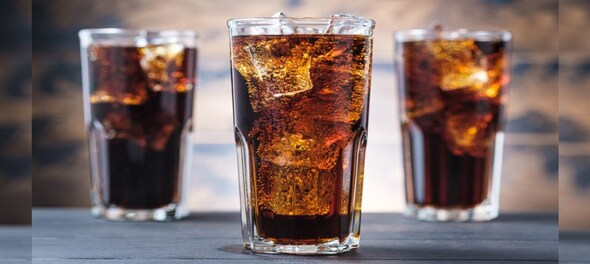
You wouldn't imagine the might of the Indian state being needed to produce a soda. But 45 years ago a Janata Party government, headed by Morarji Desai, embarked on its own version of Atmanirbhar Bharat. While the program encompassed a few laudable projects, the one that appears comical today was the introduction of Double Seven, an Indian variant of a cola. It was expected to fill the breach following the exit of global major Coca Cola after it refused to comply with the requirements of the FERA Act and share its secret recipe with a local company.
Undeterred, the government got the Central Food Technological Research Institute (CFTRI) at Mysore which had been set up in 1950 with slightly loftier aims, to develop the formula for a soda that could replace Coke. Modern Foods, another state-owned enterprise, launched in 1965 to make bread and bakery products, was roped in to sell it.
The name Double Seven was purposely symbolic, marking the year when the Congress, which had ruled the country for the previous 30 years, was humbled at the polls by a coalition of parties under the Janata Party umbrella. Member of Parliament Hari Vishnu Kamath came up with the name and was also given a cash prize for it. Not surprisingly for a government that lurched from one fiasco to another, Double Seven was actually launched only in 1978.
For all of the government's efforts - not that they amounted to much - Double Seven lacked the fizz needed to be seen as a worthy successor to Coca Cola. In the face of competition from emerging competitors like Campa Cola and Thumbs Up, it failed to find much traction. Its flat, insipid advertising, that alternated between sleazy and cheesy (with lines like See! I'm Tingling! and Ask for a Double) neither endeared it to the old Coca Cola loyalists nor the new generation of young Indians.
Born out of politics, its demise too was written by politics. Its death knell came in 1980 when the Congress under Indira Gandhi stormed back to power. Double Seven, an ignominious symbol of her past defeat, wasn’t going to be a government favourite. By then it had also dragged its manufacturer, Modern Foods, deep into the red and the company was only too glad to stop its production. Not that its own fortunes improved with the move. In 2000, Modern Foods was sold to Hindustan Unilever Ltd (HUL) under the government’s privatization plan and in 2006 HUL in turn sold it to Everstone Capital.
By then, the country’s only national cola had become a distant memory.
—Sundeep Khanna is a former editor and the co-author of the recently released Azim Premji: The Man Beyond the Billions. Views are personal.
Check out our in-depth Market Coverage, Business News & get real-time Stock Market Updates on CNBC-TV18. Also, Watch our channels CNBC-TV18, CNBC Awaaz and CNBC Bajar Live on-the-go!


'Borrowed' leaders: Congress hits out at AAP for not fielding their own candidates in Punjab
Apr 28, 2024 9:53 PM
EC asks AAP to modify election campaign song and Kejriwal's party is miffed
Apr 28, 2024 9:25 PM

